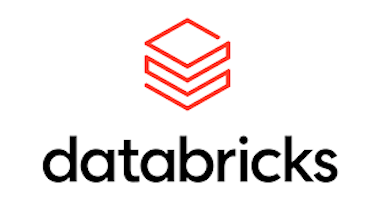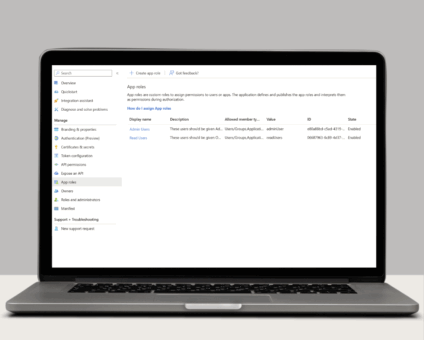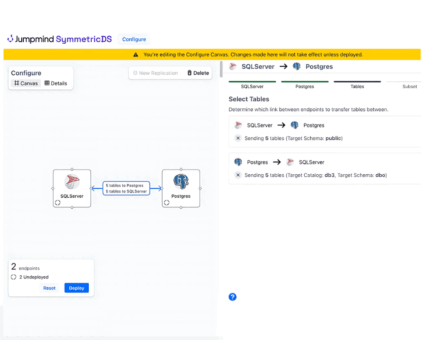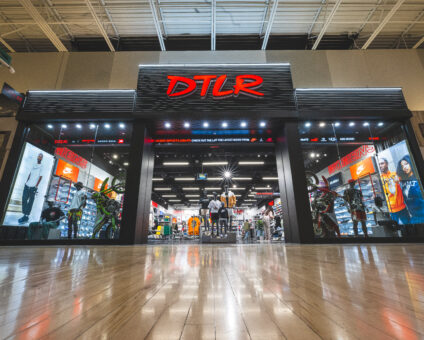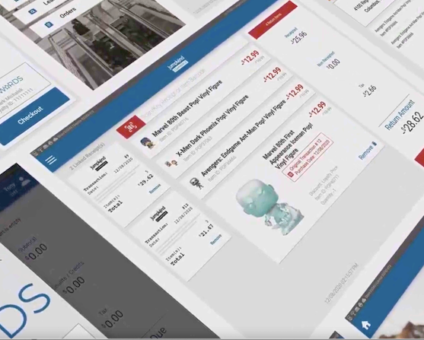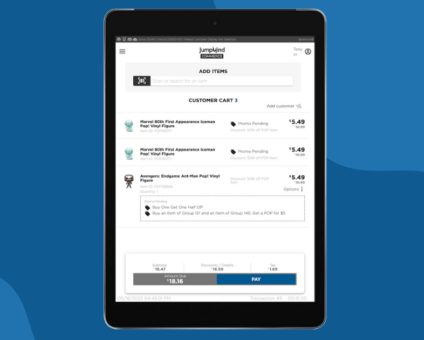COLUMBUS, Ohio – November 5, 2025 – 54% of North American retailers surveyed say they …
![]()
Cloud-native POS platform for seamless omnichannel customer experience.
![]()
A single hub for all promotions campaigns.
- Omnichannel ExperienceCreate seamless customer experiences
- Device IndependencePOS agnostic to form factor or operating system
- Self-CheckoutDo more with fewer associates
- Mobile StoreLeverage POS from anywhere
- POS on the GoEnable associates to sell outside of the store
- Unified PromotionsStreamline and simplify promotion workflows
- CX ConnectAllow customers to engage with POS during checkout
- Composable CommerceCreate the store experience you want
![]()
The most advanced synchronization solution for databases and file systems.
![]()
Data configuration and batch automation across different disparate systems and vendors.
-
Data Replication
- Multi-tier DistributionReplicate thousands of remote locations
- Cloud Database ReplicationCapture live changes from on-premise to the cloud
- High Availability and Load BalancingEnsure 24/7 access to data and scale efficiently with demand
- Analytics and ReportingCapture the whole picture with real-time reporting
- Multi-masterMaintain consistency of data in a peer to peer setup
- Data WarehouseReplicate live and historical data to a warehouse
- MigrationsConduct live data migration with no downtime
-
-
Data Integration
- Master Data ManagementChanges propagate across the entire system, allowing you to maintain a centralized view of all parts of your core business entities.
- Application IntegrationReduce dependencies, complexity, and risk to build a high-performance, data-driven application.
- Web ServicesIntegrate multiple systems using web services or build a business application using a service-oriented architecture.
- Data WarehouseIntegrate disparate data from multiple systems so you can transform data for better business intelligence and reporting.
- Data MigrationConduct live data migration during critical server replacements, storage upgrades, and data center relocations—with no downtime.
- ImplementationIntegration consultants help design, develop, and deploy an implementation of our products.
- DevelopmentThe product developers can add features, enhance existing functionality or build support for new platforms.
- TrainingEngage our experienced training resources to gain in-house knowledge and expertise on Jumpmind products.
- SupportLeverage product engineers to resolve issues, fix defects and provide updates or patches.
- Proof of ConceptDetermine the feasibility of implementing our products and get answers to your questions quickly.
36% of retailers say meeting the demands of hyper-informed customers is one of the top …
Physical retail is still where the magic happens. According to new research by RSR, 85% …
View all Blog Posts
Overview Organizations today face the challenge of consolidating data from on-premise and cloud-based systems into …
Single Sign-On with OAuth 2.0/OpenID Connect One of the many new features included in version …
The new release of SymmetricDS Pro 3.16 data replication software simplifies setup, improves performance, and …
View all Blog Posts
Jumpmind Powers Point of Sale and Promotions Execution for Landmark Retail, One of the Largest …
Retail Technology Leader Jumpmind to Enable Mobile Point of Sale and Inventory Management for DTLR/VILLA …
The retailer is charting its next chapter with retail technology modernization to power inspired omnichannel …
View all Customer Stories
Jumpmind Appoints Technology Veteran Mike Webster to Board of Directors Jumpmind recently welcomed Mike Webster …
The partnership will drive innovation, expand global reach, and reinforce Jumpmind’s position as a leader …
After nearly a century in business, the legendary Canadian fashion retailer is retooling to streamline …
View all Blog Posts
![]()
Cloud-native POS platform for seamless omnichannel customer experience.
![]()
A single hub for all promotions campaigns.
![]()
The most advanced synchronization solution for databases and file systems.
![]()
Data configuration and batch automation across different disparate systems and vendors.
-
Data Replication
-
-
Data Integration
-
Retail Retail trends, technology, and enhancing the customer experience
-
Data Thoughts on data matters, dialects, performance, and security
-
Customer Stories How Jumpmind impacts the businesses of our clients
-
Videos & Webinars Watch on demand demos, reviews, and tours of our products
-
Company News Get the scoop on Jumpmind's growth and impact
View all Blog Posts
Auto-Updates
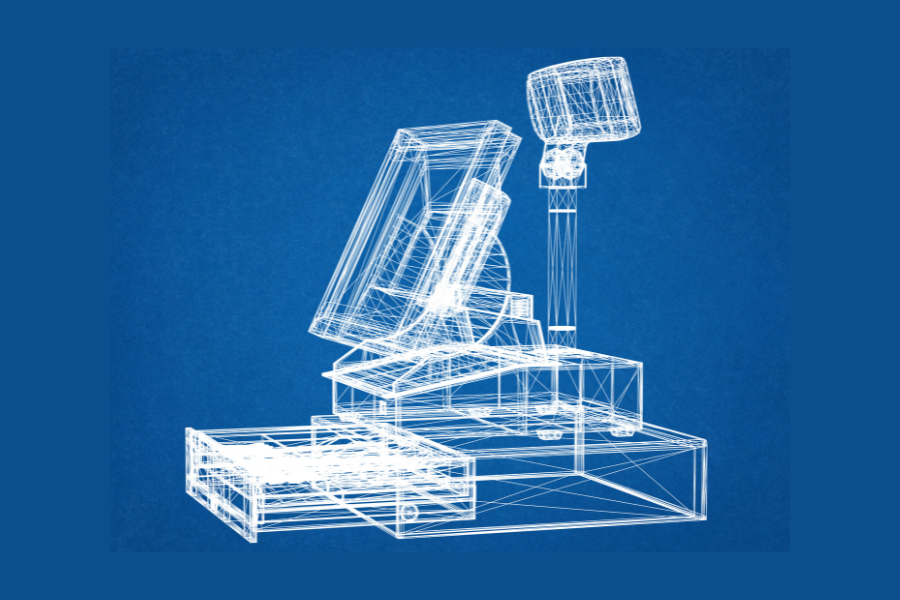
In this blazing-fast DevOps world, pushing Point of Sale software updates out to devices in the field for some retailers often resembles a race toward a red light. That’s because these retailers engage in practices that unnecessarily consume time, and money and ultimately slow the pace of continuous deployment.
Some retailers still engage release teams to plan, debate, and deploy updates, adding numerous resource hours to the process. Some have to custom build a system to push files and run scripts in-store. Others continue to download updates individually from the cloud, register-by-register, drastically increasing download size and thus time, which can be exacerbated by limited network bandwidth. Imagine if that update contains a hotfix to a blocking, critical defect.
JumpMind’s forward-thinking Auto-Update feature removes such impediments for its clients, saving them time and money while ensuring every device and register is up to date with the latest version of the JumpMind Commerce retail commerce platform when stores open business each day. Updates are made swiftly during off hours and without the retailer’s involvement, which is cutting edge for POS in-store deployments.
Say there’s a 30GB update that needs to be installed on 15 registers immediately. If each register initiates the download from the update service, that 30GB update balloons to 450GB, drastically increasing download time. JumpMind’s approach to quick updates relies on only needing to download an update once to a hub that shares it with as many devices, register or mobile, as necessary. And instead of wasting bandwidth by downloading updates from a central service, a staging area is set up in the store so that fixed registers can use the in-store processor for downloads. The in-store service pulls down the update from the cloud and makes it available to each register to apply.
Within the cloud is a JumpMind database that identifies the version of software needed for each store by utilizing install groups. Multiple stores can be configured to groups and pinned to specific merchants to ensure correct versions of software are going to the expected locations. There’s also the capability to wildcard the version for an install group, meaning that group would always get the latest version of the software. When building, pluggable repositories (such as Artifactory), holding lists of versions of the software can be queried to identify available updates. Jobs can be configured to run a check for updates at any specified time interval, but the updates typically occur upon startup of the POS system.
Whenever updates are executed, they are done so intelligently. The update job can identify and reinstall corrupted files, providing nice security. The update job also knows when a store is open or closed so it can restart itself and update during off hours. It also records installed versions and trickles metadata for central monitoring.
Whether it’s a fix to a money-draining bug or the latest money-saving feature, JumpMind’s Auto-Update is the smart, swift route to production.



